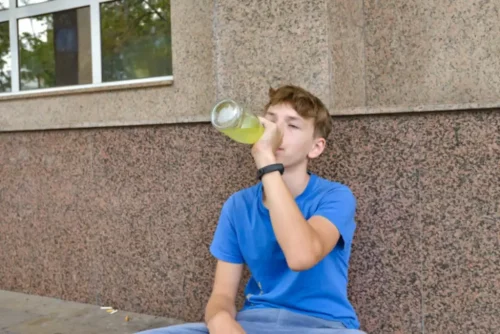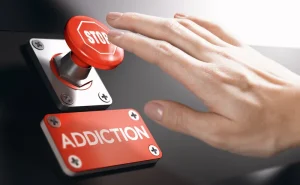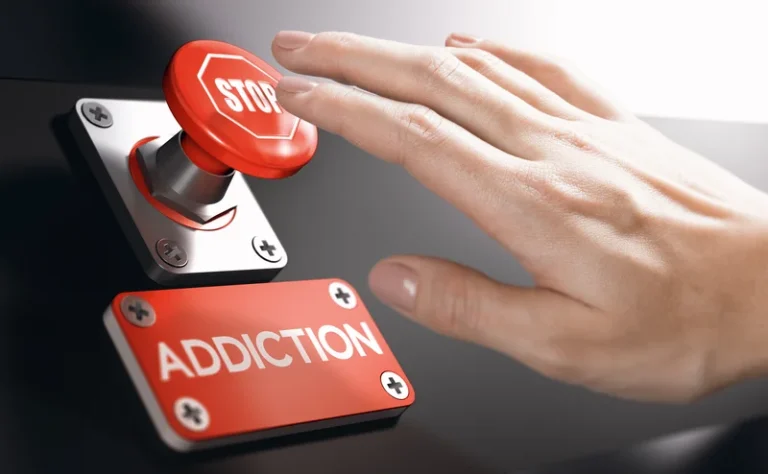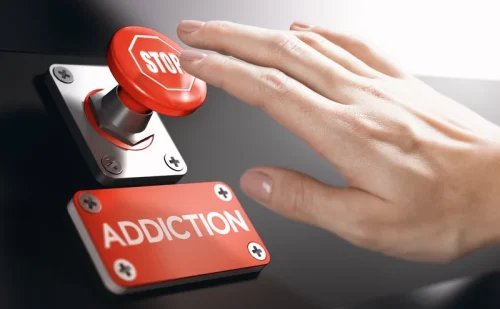
If you have a history of heavy drinking and tremors are not stopping on their own, you may be wondering what to take for alcohol shakes. In this case, it is best to consult with a doctor, especially given the fact that withdrawal can progress to delirium tremens, which can be life-threatening if untreated. In more serious cases of withdrawal, symptoms may progress to what is called late withdrawal, which begins about three days after a person has his or her last alcoholic beverage. In this case, tremor can be a sign of alcoholism, as it indicates that a person is undergoing withdrawal, which is one of the symptoms of an alcohol use disorder. That being said, not everyone who undergoes alcohol withdrawal will get the shakes, as there are other withdrawal symptoms, including sleep difficulties, sweating, and hallucinations. At the neurochemical level, alcohol affects the balance between the brain’s main inhibitory neurotransmitter, gamma-aminobutyric acid (GABA), and the main excitatory neurotransmitter, glutamate.

Understanding Alcohol Shakes and How to Stop Them

Integrating meditation into your daily routine can help you build a resilient mentality, better equipped to manage stress and cravings. Remember that eating before or while drinking can minimize the rate of alcohol absorption, thus Oxford House reducing hangover symptoms like shaking. It’s a good idea for anyone who drinks to seriously consider these points and evaluate their relationship with alcohol and its impact on their life.
Is it More Common to Blackout After Drinking Hard Alcohol or Beer?
Symptoms of DTs include severe confusion, rapid heartbeat, fever, hallucinations, and seizure. Due to the potentially life-threatening nature of severe alcohol withdrawal symptoms, medical assistance should be sought to safely manage the detox process. For people who engage in heavy drinking frequently (15 drinks or more per week for men and 8 drinks or more per week for women), shaking after drinking alcohol is a common side effect. What’s more, even if you don’t consider yourself an alcoholic, experiencing tremors from alcohol consumption can indicate tolerance and physical dependence, and thus, a more serious problem. Shaking when drinking alcohol can also occur as a result of binge drinking, which is when someone drinks a large amount of alcohol within two hours.

Supporting Recovery Together: The Advantages of Family Counseling in Addiction Recovery
- Severe cases of alcohol withdrawal can result in delirium tremens (DTs), a potentially fatal condition that requires immediate medical attention.
- Seeking professional help is crucial for safe and effective management of alcohol withdrawal.
- We recognize the profound significance of residential treatment in the journey toward long-term sobriety and overall well-being.
- Participating in team sports or outdoor adventures is another effective way to replace drinking with a fulfilling and social activity.
- Surrounding yourself with a strong support network is vital in the long-term recovery and management of alcohol tremors.
Detoxification, commonly known as detox, refers to the physiological process of eliminating harmful substances from the body. It is the initial step in overcoming addiction and paving the way for a healthier, substance-free life. During detoxification, the body works to metabolize and eliminate the toxins accumulated from prolonged substance abuse. At Alamo Behavioral Health our mission is to offer readers the most precise and up-to-date information on addiction and behavioral health as possible. Our licensed medical reviewers, specializing in mental health and addiction medicine, are devoted to assisting readers and potential clients in making informed decisions about their treatment.

How Do I Get My Loved One Help For Drug Addiction?
- By identifying patterns in your drinking behavior, you can develop strategies to avoid or manage these triggers.
- After detox, continue to drink the recommended daily amount of water to energize body, improve kidney function, and improve bowel function.
- Medical professionals can assess your needs, provide treatment plans, and monitor your progress to ensure a safe and successful detoxification.
Mindfulness is a powerful tool for managing alcohol cravings and reducing consumption. When you feel the urge to drink, take a moment to pause and observe your thoughts and feelings without judgment. Acknowledge the craving, but remind yourself of your goals and reasons for cutting back. Once you have established your goals and reasons, create a detailed plan of action. For instance, if your ultimate goal is to limit your drinking to weekends only, start by cutting back by how to stop alcohol shakes one day each week until you reach your target. Celebrate each milestone along the way to maintain motivation and acknowledge your progress.
